
Heat puts real stress on kitchens and fridges. It drives spoilage and energy cost.
Sami shared a short post on the Orderly LinkedIn today. Read it here: [LinkedIn link].
This article ties that post and the alert in the image to what matters most for us as a B Corp - cutting waste, lowering carbon, and protecting margin for our customers.
Why waste reduction is the headline
Food waste is lost profit and avoidable carbon. When chilled stock warms up or sits too long on the pass, it expires early. That means write-offs, out-of-stocks, and extra deliveries. Hot days make this worse.
As a certified B Corp, we balance people, planet, and profit. Waste reduction hits all three:
- Profit - fewer write-offs and lower energy at peak times.
- Planet - less food grown, shipped, and packed for the bin.
- People - better product quality for guests and steadier shifts for teams.
What the alert tells teams to do now
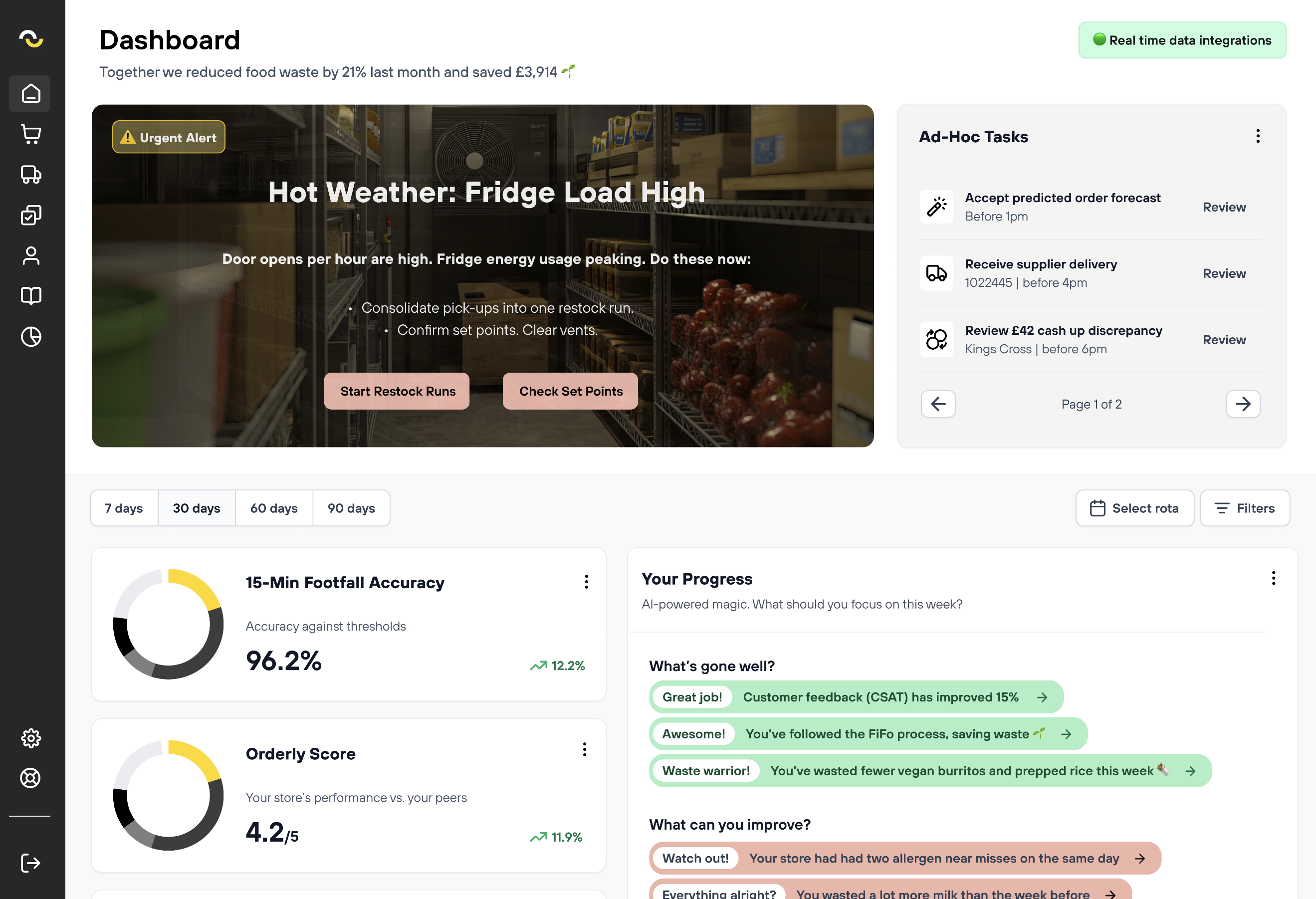
Alert: Hot Weather - Fridge Load High
Signal: Door opens per hour are high. Fridge energy usage peaking.
Action now:
- Assign one runner. Combine chilled pick-ups into one restock run every 30 to 45 minutes.
- Keep doors closed between tasks. Never prop them open.
- Move fast movers to eye level. Clear vents. Confirm set points.
- Switch non-critical kit to eco mode for 60 minutes.
- Batch cold prep for the next 120 minutes. Pre-chill GN pans. Keep only small service pans on the pass.
- Probe 3 packs when deliveries arrive. Log anything above 5 C and mark for same-day use.
- Label everything and rotate. FIFO, always.
These steps cut spoilage in the next hour and reduce peak kWh without buying new kit.
How this reduces waste
- Fewer door openings keep internal temps stable, so chilled items stay in spec for longer.
- One restock run replaces many small ones, which means less warm air in the fridge and fewer partial pans that end up binned.
- Early batching keeps ingredients cold and portioned, which limits over-prep later in the day.
- Menu throttling on heat-sensitive lines matches prep to demand, so fewer items age out.
- Probing and same-day flags move borderline stock before it becomes waste.
Every kilo saved protects margin and avoids the upstream carbon that got that food to store.
B Corp in action
Orderly’s mission is to reduce food waste at scale. The dashboard image shows how we report impact in plain numbers, not slogans:
- Waste reduction at store level with a cash saving alongside.
- Role-based actions that land within minutes, not days.
- An audit trail for food safety, ESG, and B Corp reporting.
This is B Corp on the shop floor - measurable outcomes that help teams and the planet at the same time.
Measure what matters on heat days
Track these four metrics to prove impact:
- Discard rate by item and by hour
- Sell-through by item against par
- Door opens per hour on each chilled unit
- Minutes out of range for every fridge and prep table
When these improve, waste and energy fall together.
Share this with your team
Heat-day waste plan
- One runner. One restock run every 30 to 45 minutes. Doors closed between tasks.
- Batch cold prep now for 120 minutes. Pre-chill pans. Keep only small service pans on the pass.
- Confirm set points. Clear vents. Spread the load on shelves.
- Switch non-critical kit to eco for 60 minutes.
- Probe deliveries. Anything above 5 C is same-day use.
- Label and rotate. FIFO.
How Orderly supports you
- Real-time alerts trigger the steps above and route tasks to the right person.
- Vision checks spot unstocked deliveries and missed close-down steps.
- Audit logs capture probes, set points, actions, and results for compliance and ESG.
- Impact tiles show waste saved and cash saved, so teams see why it matters.
If you want the one-page heat-day checklist for BOH and FOH, reply and we will send it. We can also tune limits and button labels to your kit and menu mix.

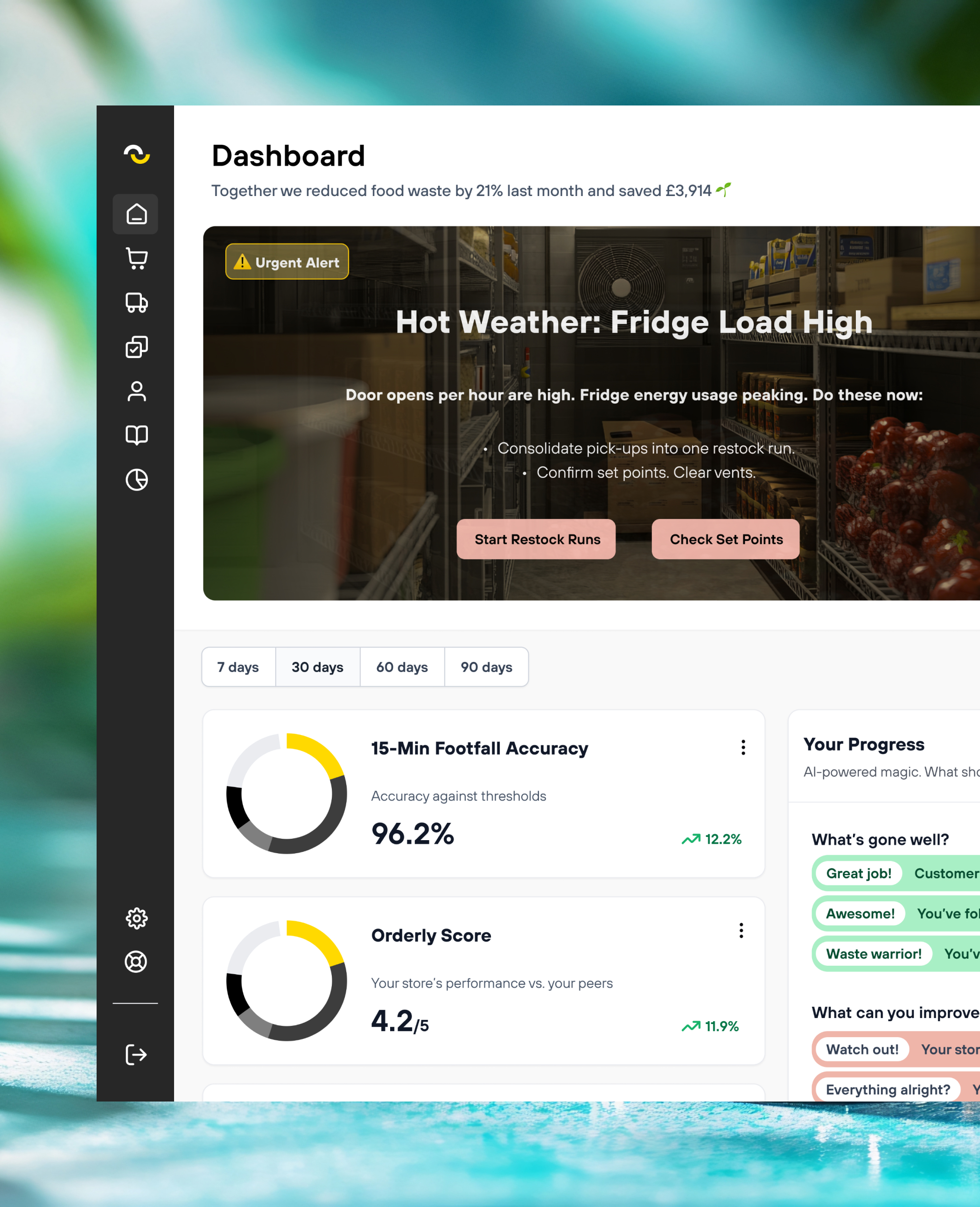
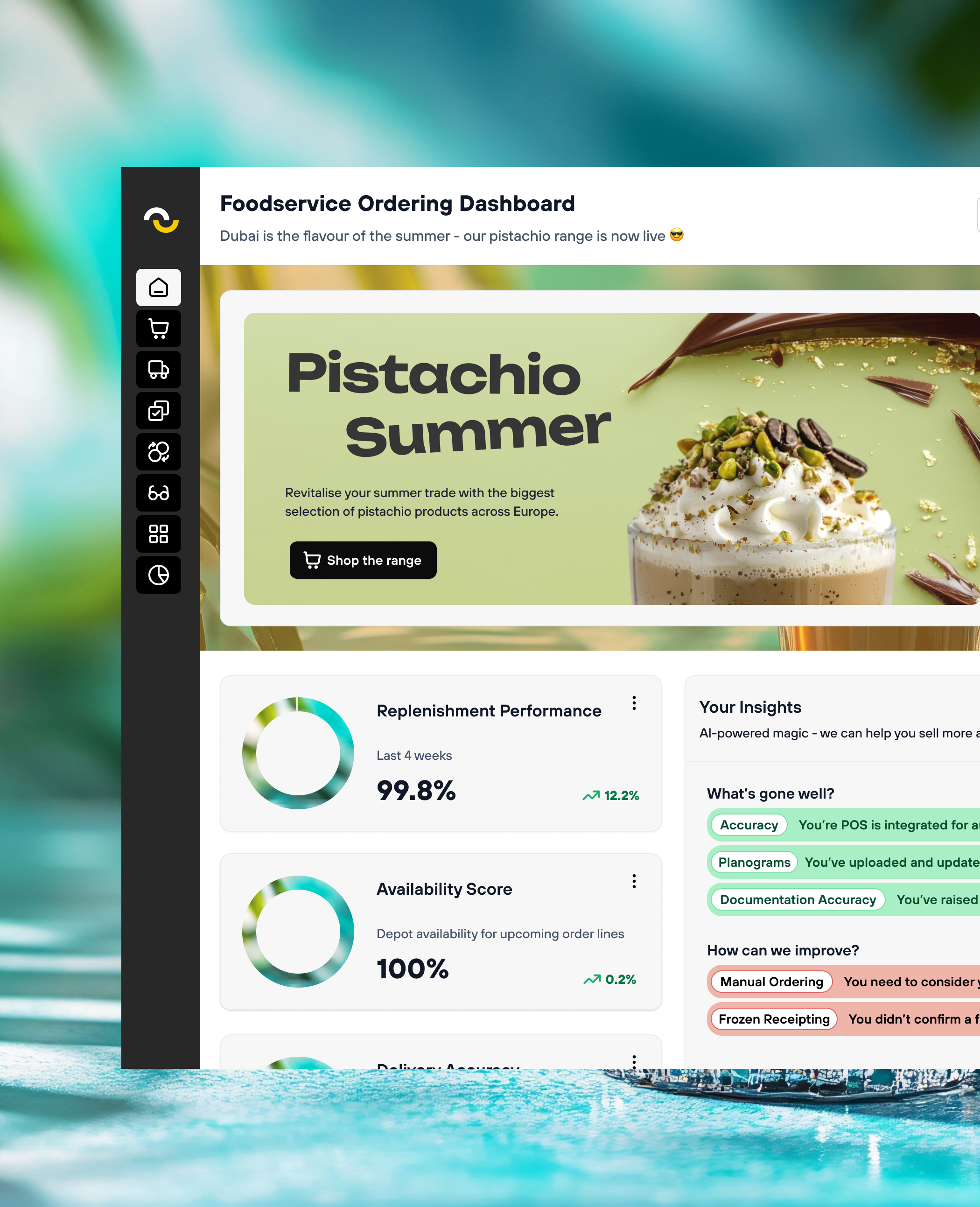

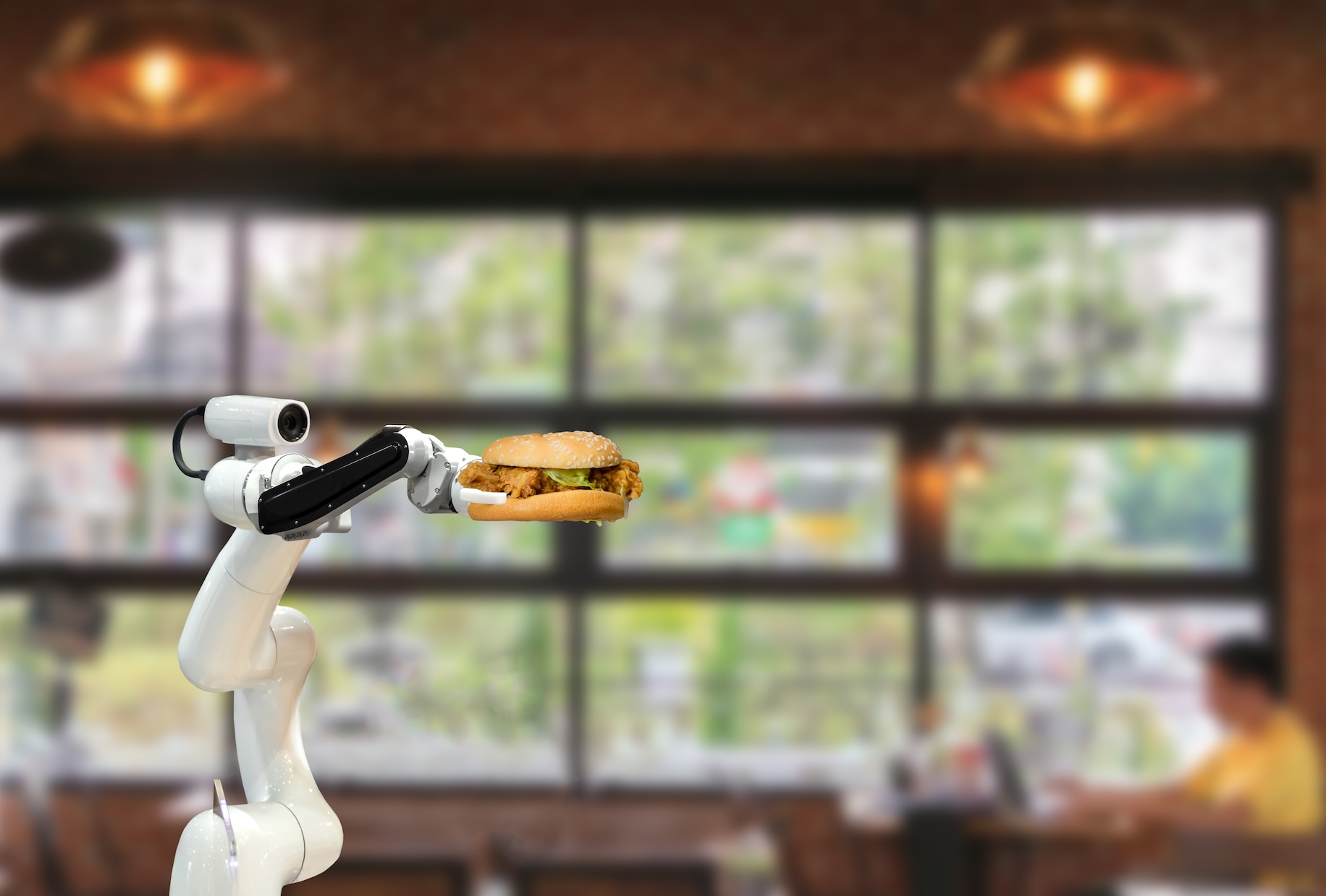
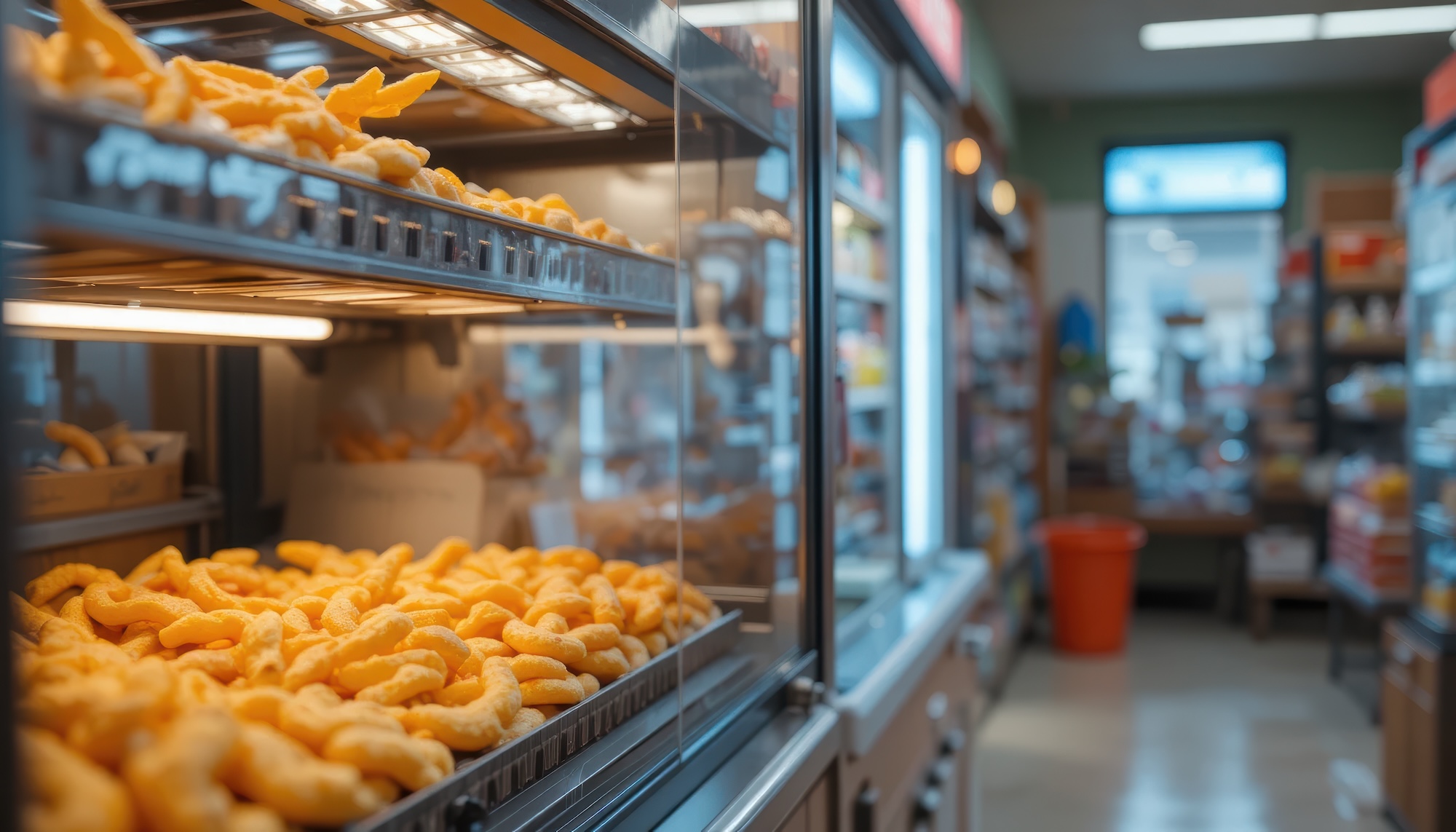

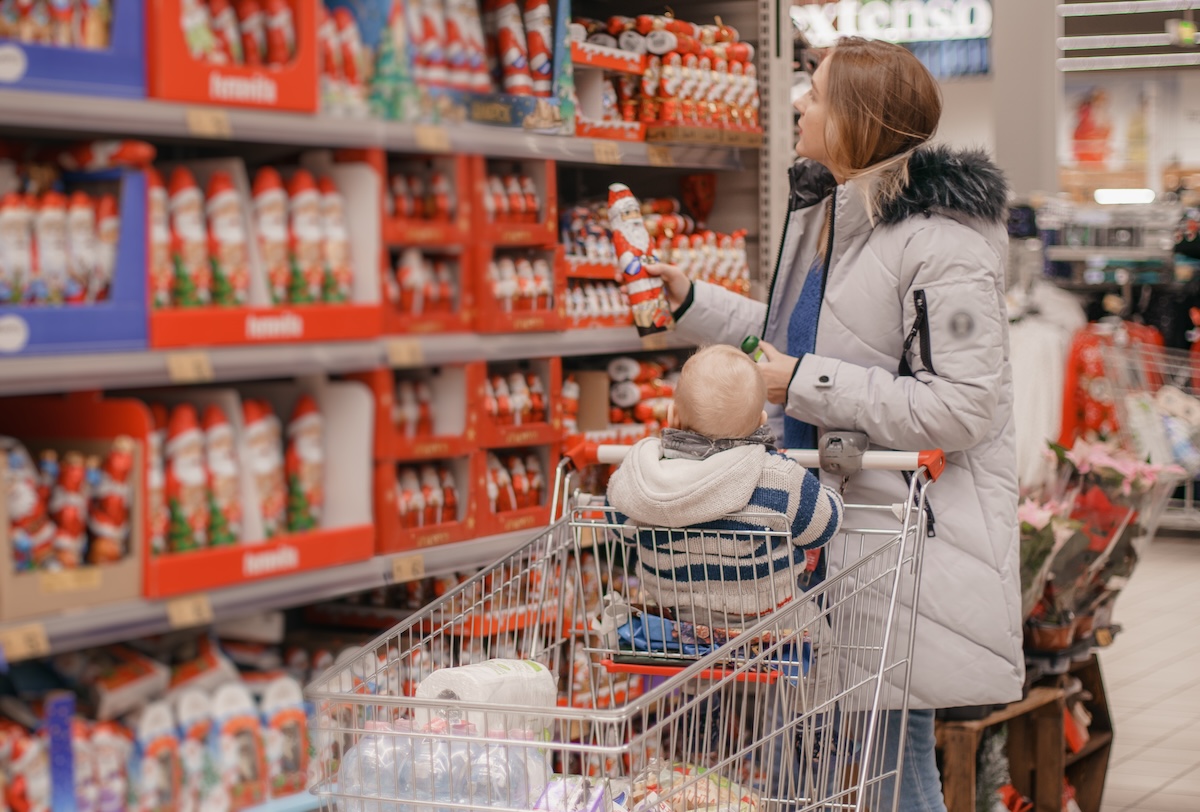
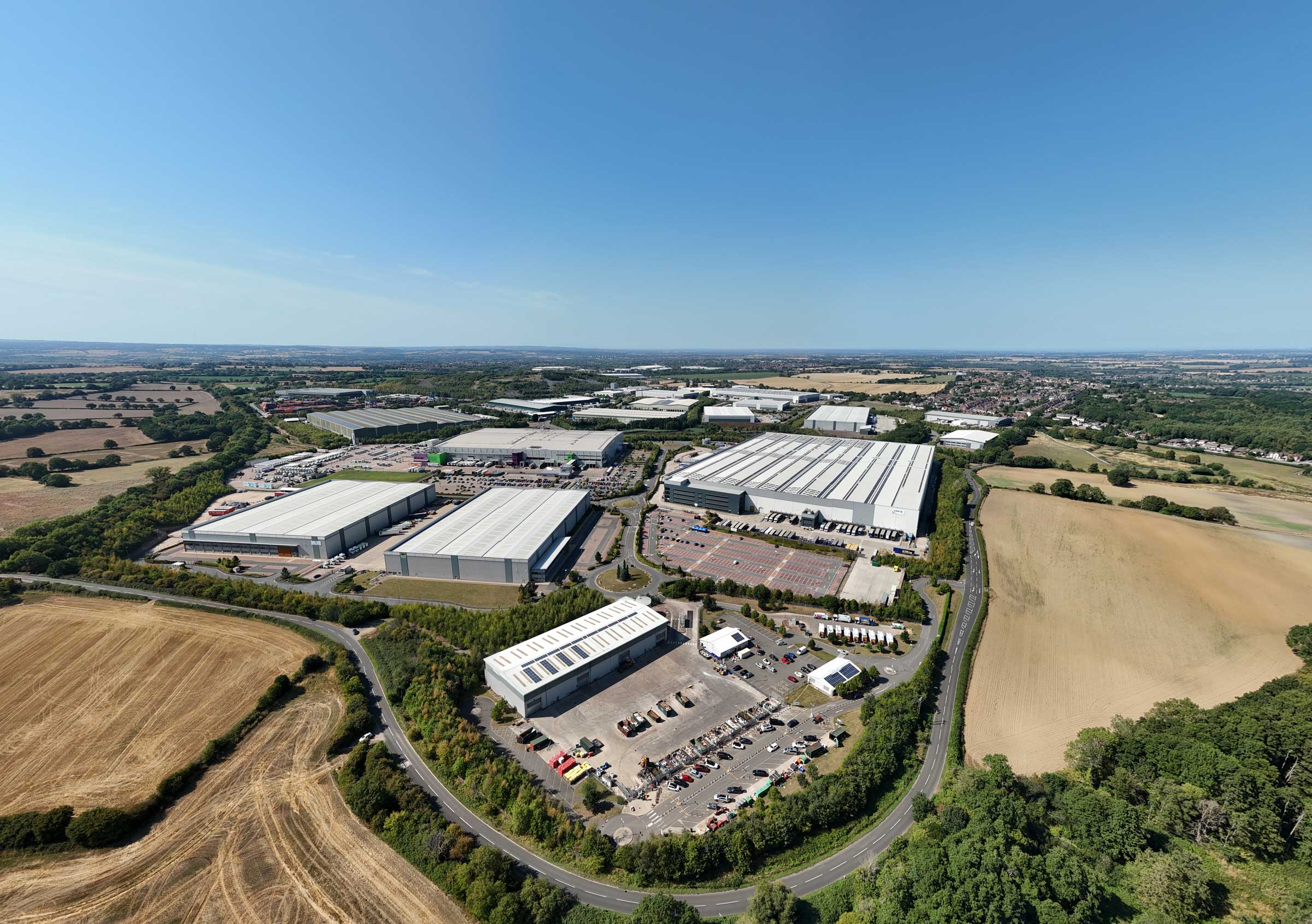

.svg)

.svg)
.svg)